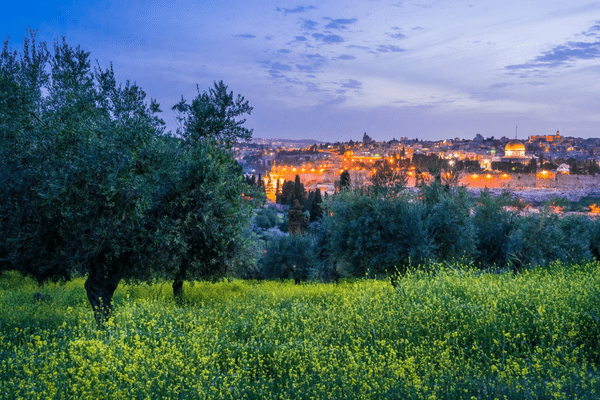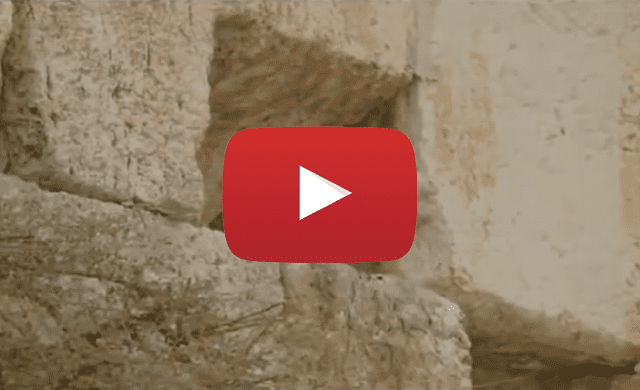
by Rabbi Pesach Wolicki | f 18, 2024 | God, Va'etchanan
This verse is the most fundamental statement of monotheistic faith in the entire Bible. Jewish practice is to recite it, and the five verses that immediately follow it, twice a day every day. According to Jewish tradition, it is customary to cover one’s eyes when...

by Rabbi Pesach Wolicki | f 15, 2024 | Proverbs
King Solomon charges us to acknowledge God in all of our ways. The literal meaning of the Hebrew word, translated here as acknowledge, is “know.” Meaning, “In all your ways know Him.” This is the most striking word in this verse. The verse does...

by Rabbi Pesach Wolicki | f 10, 2024 | Psalms
This verse describes the defense against sin that is provided by the word of God. By remembering the word of God and “treasuring” it in one’s heart, one is protected from sin. The consciousness of God’s word provides a corrective at a moment of weakness that could...

by Rabbi Pesach Wolicki | f 8, 2024 | Psalms
Jerusalem: City of Peace The Hebrew word for “peace”, Shalom, is often misunderstood. Shalom does not mean “peace” in the sense of compromise or a lack of hostilities. This contemporary meaning of “peace” is the farthest thing from Shalom. Shalom comes from the Hebrew...

by Rabbi Pesach Wolicki | f 7, 2024 | Messiah, Psalms, Temple
Psalm 122 is the third in a series of fifteen psalms that begin with the words, A song of ascents. Of these fifteen chapters, only four name David as the author. One chapter names David’s son Solomon (Psalm 127). The remaining ten chapters in this series do not name...















